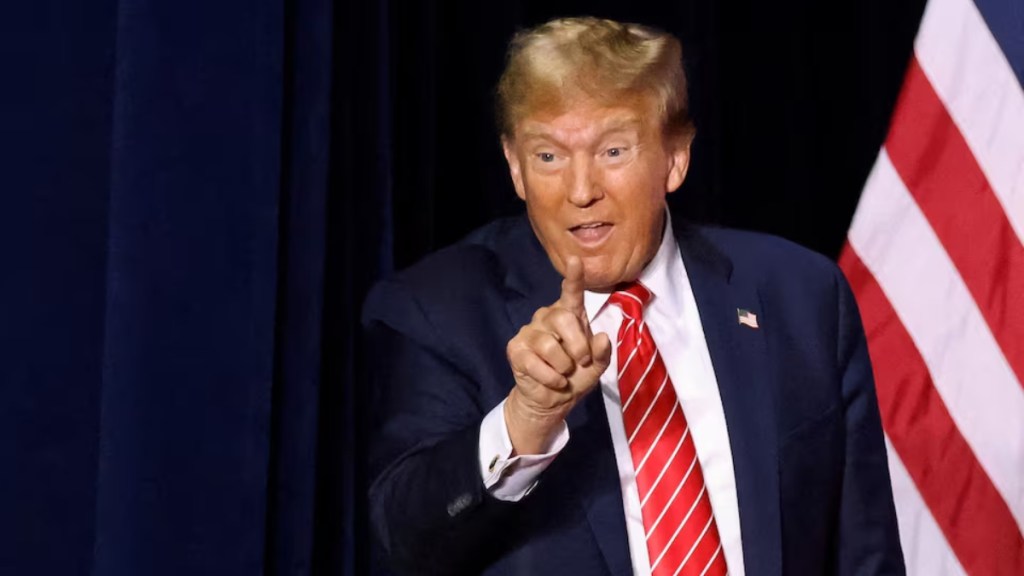US President Donald Trump announced on Monday that he will soon impose tariffs on automobiles, pharmaceuticals, and other industries, signaling towards his plans to add more duties as part of his upcoming “reciprocal tariffs.”
He mentioned at a Cabinet meeting that tariffs on cars would be announced soon, noting that tariffs on steel and aluminum had already been introduced. He also stated that tariffs on pharmaceuticals were in the works, stressing the importance of securing these products for the US.
Trump explained that these tariffs would be announced in the near future, rather than far off. Later in the day, during another White House event, he added that tariffs on lumber and semiconductor industries would also be introduced at a later time.
Trump told reporters at the White House that not all new tariffs would be announced on April 2, and he might give “a lot of countries” breaks, but didn’t give any specific details. A White House official said they couldn’t say exactly when the tariffs on cars, pharmaceuticals, or semiconductor chips would take effect, and that the timing would be decided by the president.
The official also warned not to expect any tariff delays and said that Trump is determined to impose strong tariffs and that people should be expecting that.
Reports from Bloomberg and the Wall Street Journal earlier suggested that the administration might be reducing its approach to the wide range of tariffs Trump had planned for April 2, possibly delaying some of them.
US stocks rose on Monday, with the S&P 500 index climbing nearly 1.8%, reaching its highest level in over two weeks. Investors were hopeful that the tariffs might not be as severe as expected.
Trump also said the United States would soon impose tariffs on cars, pharmaceuticals, and aluminum, saying the US needed these products in case of wars or other emergencies. He later said auto tariffs would be introduced in the next few days, followed by tariffs on lumber and semiconductor chips.
“We’ve been ripped off by every country,” Trump had said after meeting with his cabinet. He predicted that the tariffs would bring in large amounts of money for the US, which would help keep taxes low or even reduce them.
Trump also said that countries could avoid the tariffs if they lower their own tariffs or move their manufacturing to the US. On the same day, he announced a $21 billion investment from South Korea’s Hyundai Motor Group in the US, which includes a new $5.8 billion steel plant in Louisiana. Trump made this announcement at the White House with Hyundai Chairman Euisun Chung and Louisiana Governor Jeff Landry.

